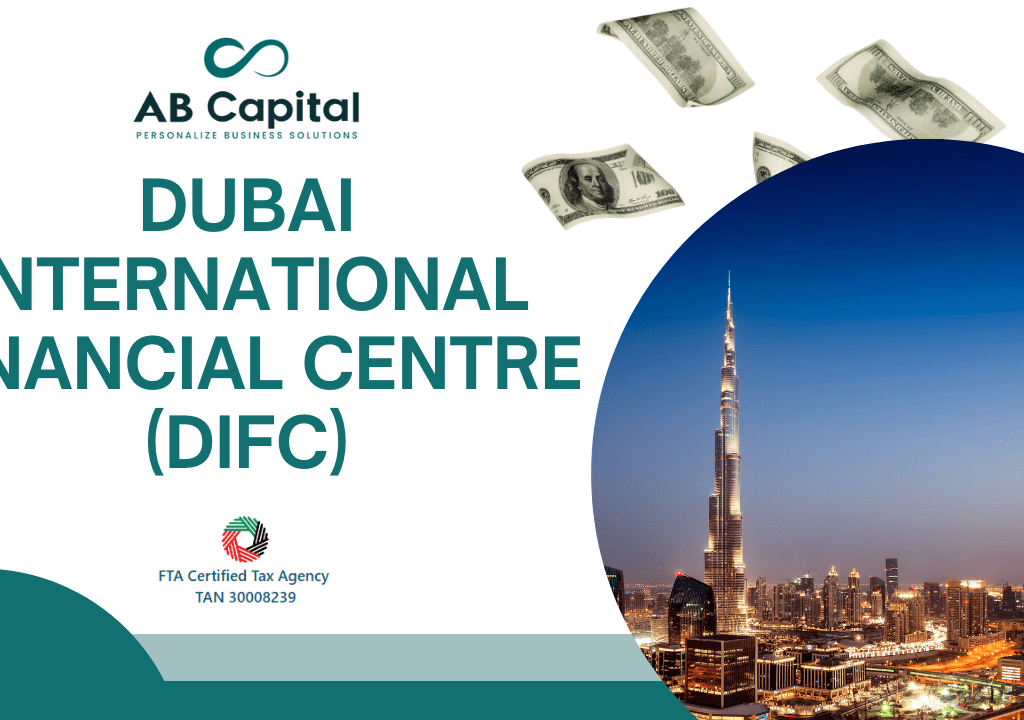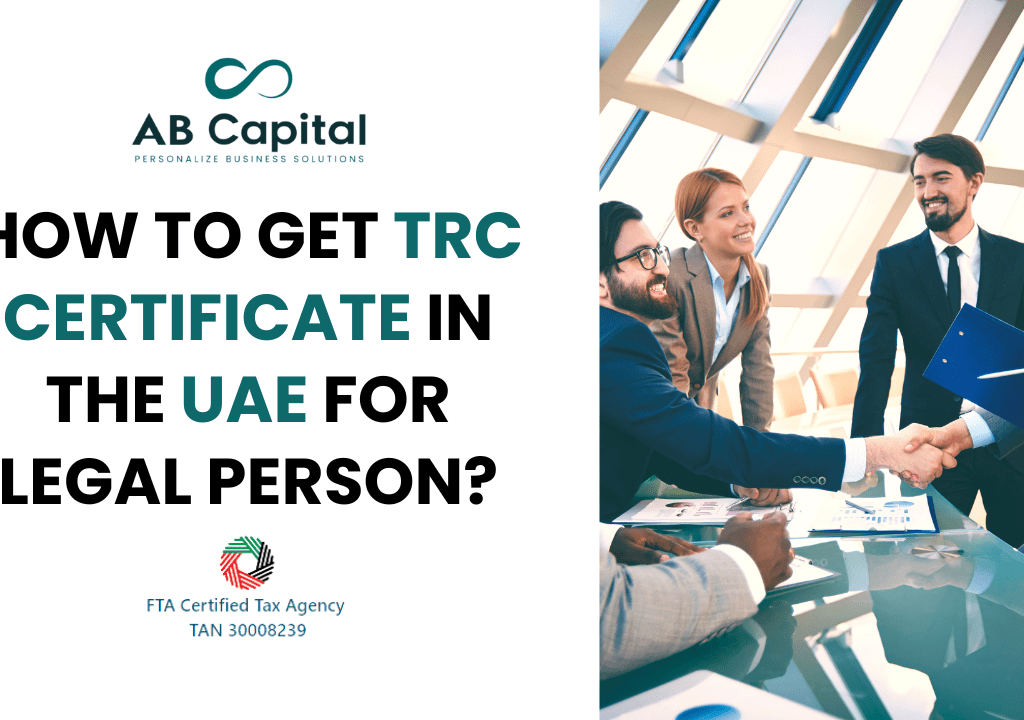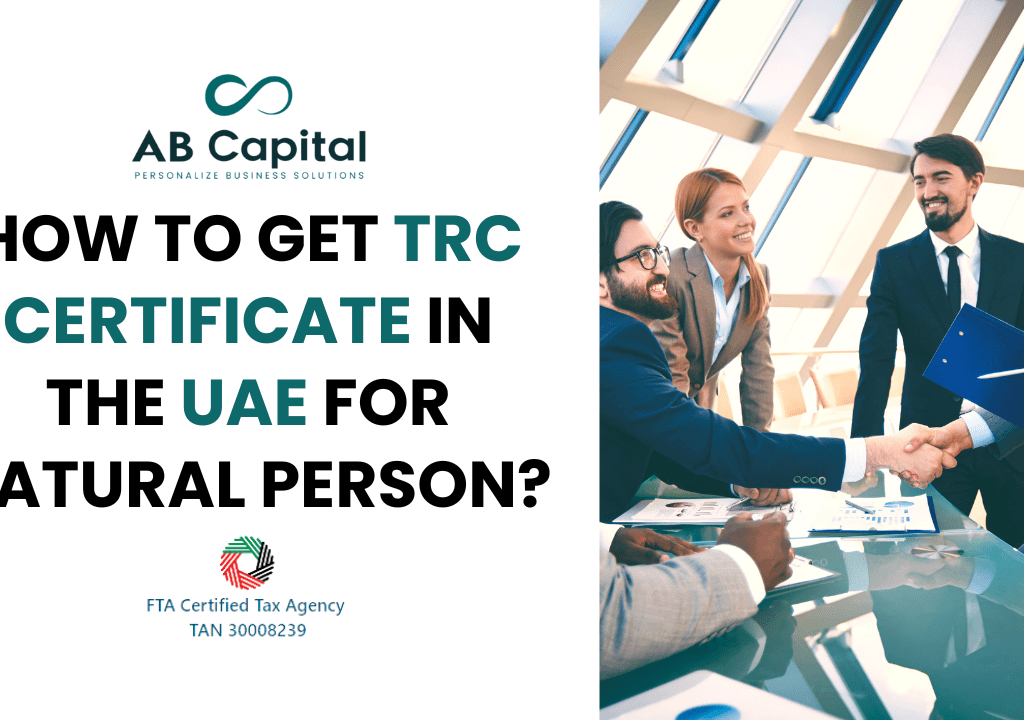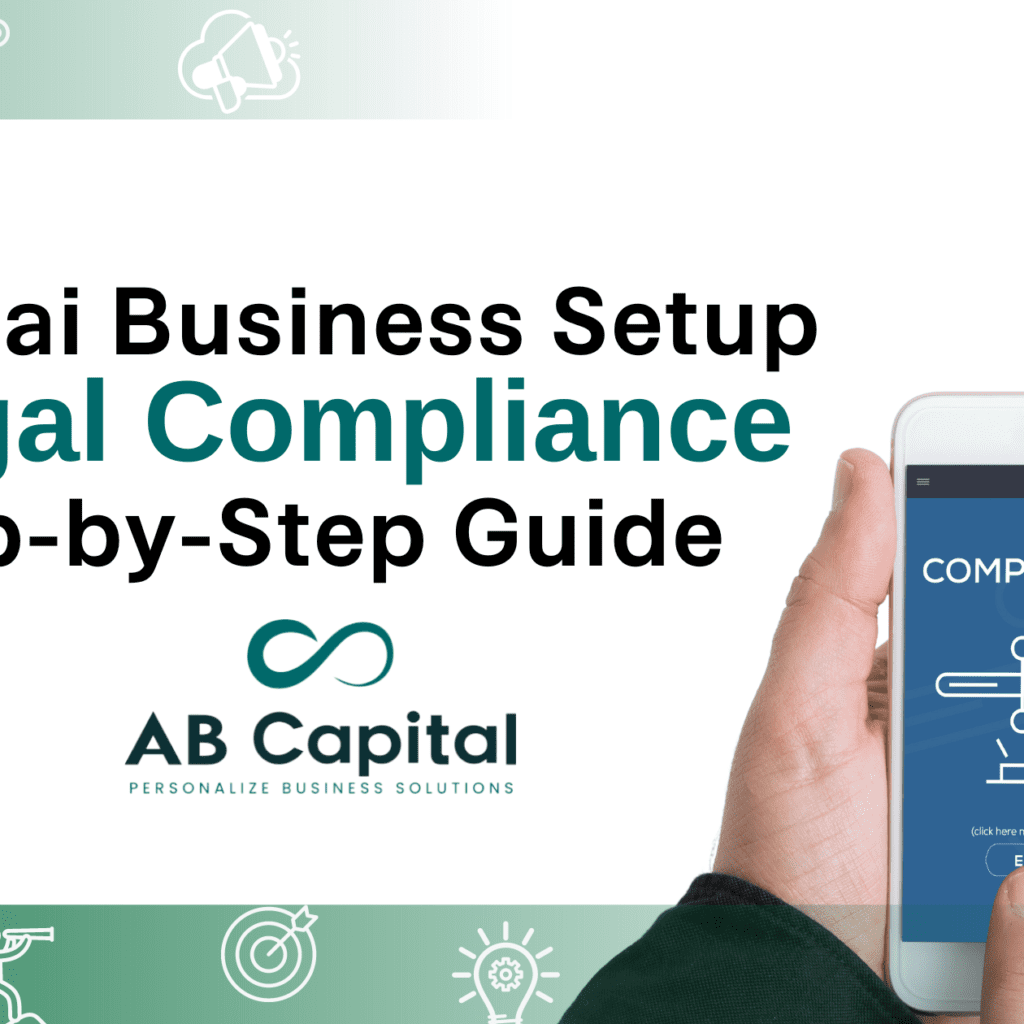Exempt Entities Under Corporate Tax in UAE The UAE Corporate Tax Law grants exemptions to certain individuals and entities. These exemptions are vested in public interest and policy considerations which create an equitable and balanced tax framework. This article explains various categories of exempt entities and the conditions to determine their tax exemption. Therefore, it is advisable for Taxable Persons to seek the expert services of AB CAPITAL SERVICES in UAE to effectively determine taxability in compliance with the statutory Law. Exemption of Government Entities: The first category of exempt entities encompasses government entities at both the federal and local levels. This includes all government bodies, ministries, departments, and public agencies that are integral parts of the respective government structures. Government entities encompass ministries, federal authorities, municipalities, and local government agencies. The rationale behind exempting government entities lies in the fact that their activities are conducted as part of their official duties and responsibilities within the government. Consequently, these entities are automatically eligible for exemption, obviating the need for additional paperwork or applications. Entities Controlled by Government: Entities controlled by the government are distinct legal entities with separate juridical personalities from the government. While they may engage in activities similar to those of the overseeing government entity, they do not inherently enjoy automatic corporate tax exemption. To qualify for tax exemption, government-controlled entities must secure explicit inclusion in a Cabinet Decision, as per Article 1 of the UAE Corporate Tax Law. Additionally, these entities must fulfil specific requisites, including complete ownership by one or more government entities and the allocation of their earnings to the government’s treasury. The composition of their board of directors also holds significance in determining their classification as government-controlled entities. Entities Engaged in Natural Resources Business (Extractive and Non-Extractive): While these entities are exempt from corporate tax, it’s important to note that the treatment of Emirate-level taxation may differ. The UAE Constitution designates natural resources in each Emirate as public property, and those involved in the extraction and exploitation of these resources may be liable for taxes at the Emirate level. To promote the development of the resource sector, the Corporate Tax Law provides exemptions for individuals engaged in both extractive and non-extractive aspects of the natural resources value chain. The provision pertaining to extractive businesses covers activities such as quartering, dredging, exploring, extracting, removing, or producing natural resources, such as oil and gas . Clause 1d of the CTL encompasses non-extractive natural resource businesses, specifically including midstream and downstream subsectors. This encompasses activities related to the processing, transportation, storage, marketing, distribution, and selling of natural resource products, such as oil and gas. It is important to highlight that renewable energy sources, such as solar and wind energy, as well as agricultural activities involving plants and animals, do not qualify for the tax exemption provided to natural resource businesses. Qualifying Public Benefit Entities: Another category of exempt entities under the Corporate Tax Law includes Qualifying Public Benefit Entities. These entities are recognized and eligible for tax exemption based on specific criteria delineated in the law. These entities are not government-controlled but are established for public benefit purposes, such as charitable organizations, non-governmental organizations (NGOs), and certain non-profit organizations. To qualify for tax exemption under Clause 1e, these entities must meet specific criteria and conditions, which may vary depending on their nature and objectives. Generally, they must engage in activities that provide genuine public benefit and refrain from distributing profits to private individuals. Additionally, they may need to undergo a setup process or obtain a certificate of public benefit status from the relevant authorities. Private Social Security and Pension Funds: The exemption provided by the Corporate Tax Law extends to private social security funds, which play a pivotal role in supporting individuals post-retirement. These funds are designed to finance end-of-service benefits and enjoy tax exemptions akin to private pension funds. To qualify for tax exemption, the fund must consist of assets specifically allocated by law or contract for end-of-service benefits. By encouraging the establishment of private social security funds, the new law aims to provide a safety net for employees and ensure financial stability during retirement, thereby promoting comprehensive social security coverage for the workforce. Tax Obligations for Exempt Entities: While exempt entities are not subject to corporate tax on their qualifying income, they may still be liable for other taxes, such as Value Added Tax (VAT) and withholding tax. Furthermore, certain activities conducted by exempt entities may fall outside the scope of their exemption and could be subject to corporate tax. The responsibility rests upon exempt entities to remain vigilant about their tax obligations, staying abreast of any changes in tax laws or regulations that could affect their status. Non-compliance with regulatory tax requirements could result in punitive measures and other legal consequences. Seek the expert services AB CAPITAL SERVICES in UAE Corporate tax exemption in the UAE extends to diverse entities and individuals based on a specific criterion. Moreover, other individuals or entities may apply for Exempt Person status contingent on their circumstances and eligibility. A comprehensive understanding of these exemptions is imperative for taxpayers and businesses to ensure compliance and make informed decisions amid the evolving economic landscape. Thus, it is advisable for Taxable Persons to seek the expert services of trusted Tax Consultants in UAE to effectively determine taxability in compliance with the statutory Law. Therefore, contact us today and we shall be glad to assist you.













